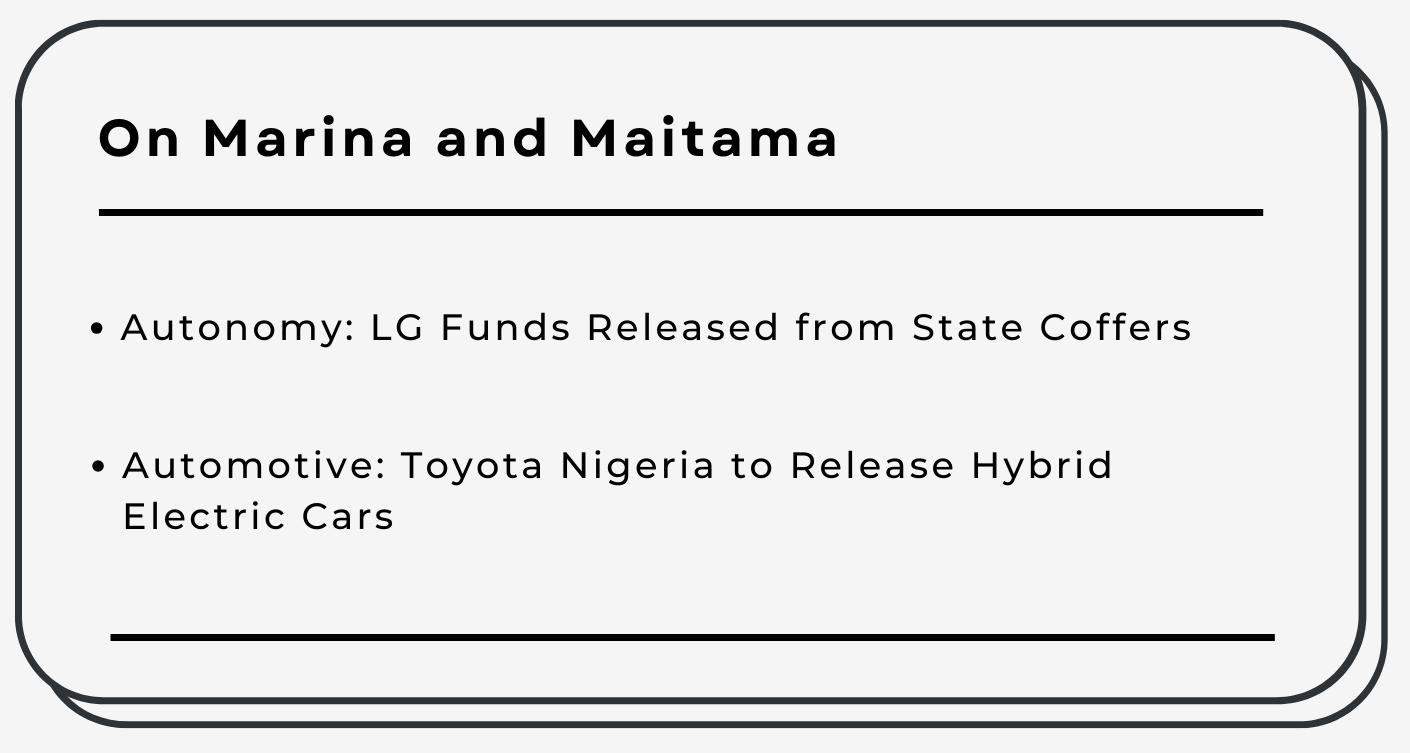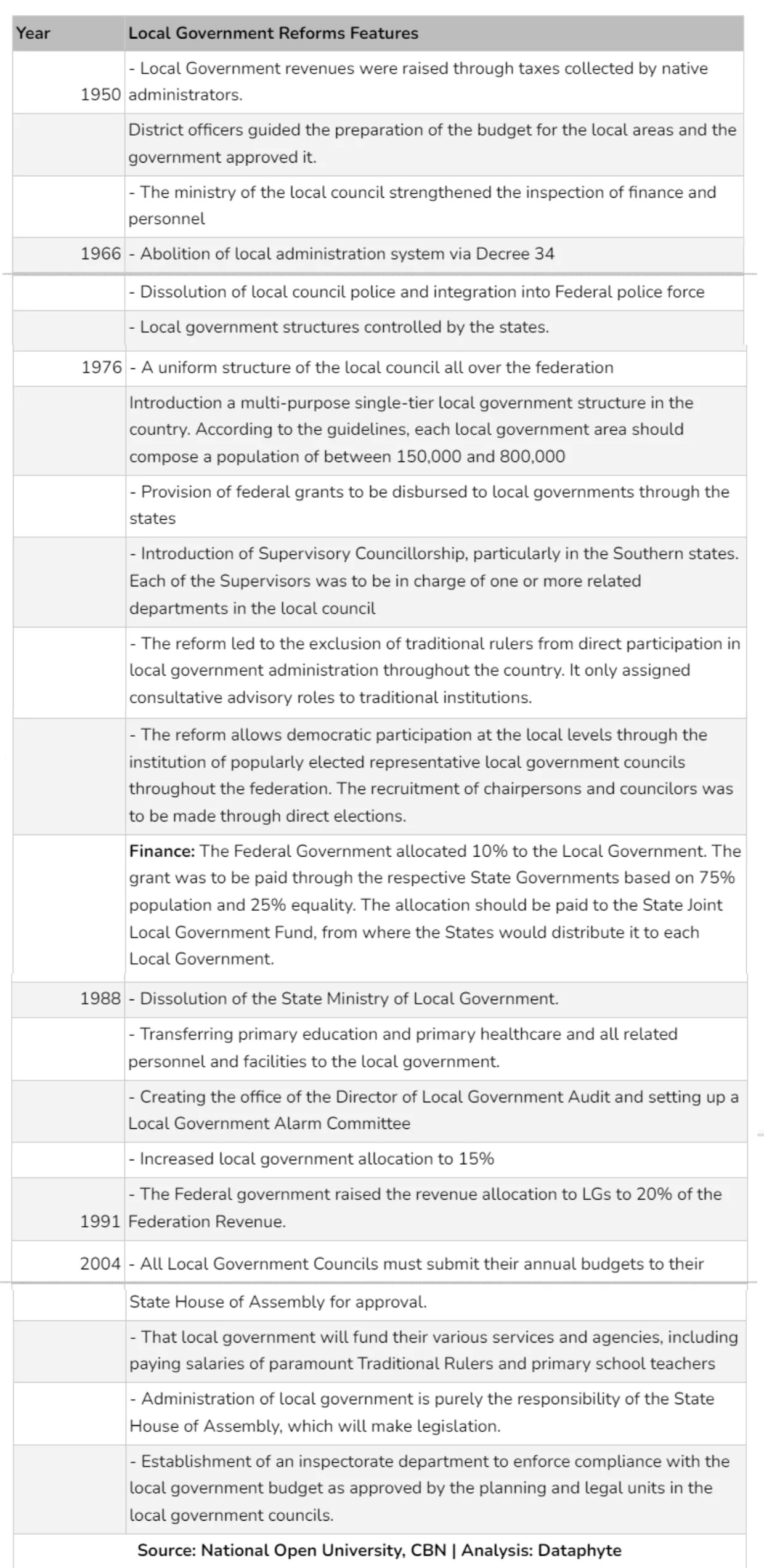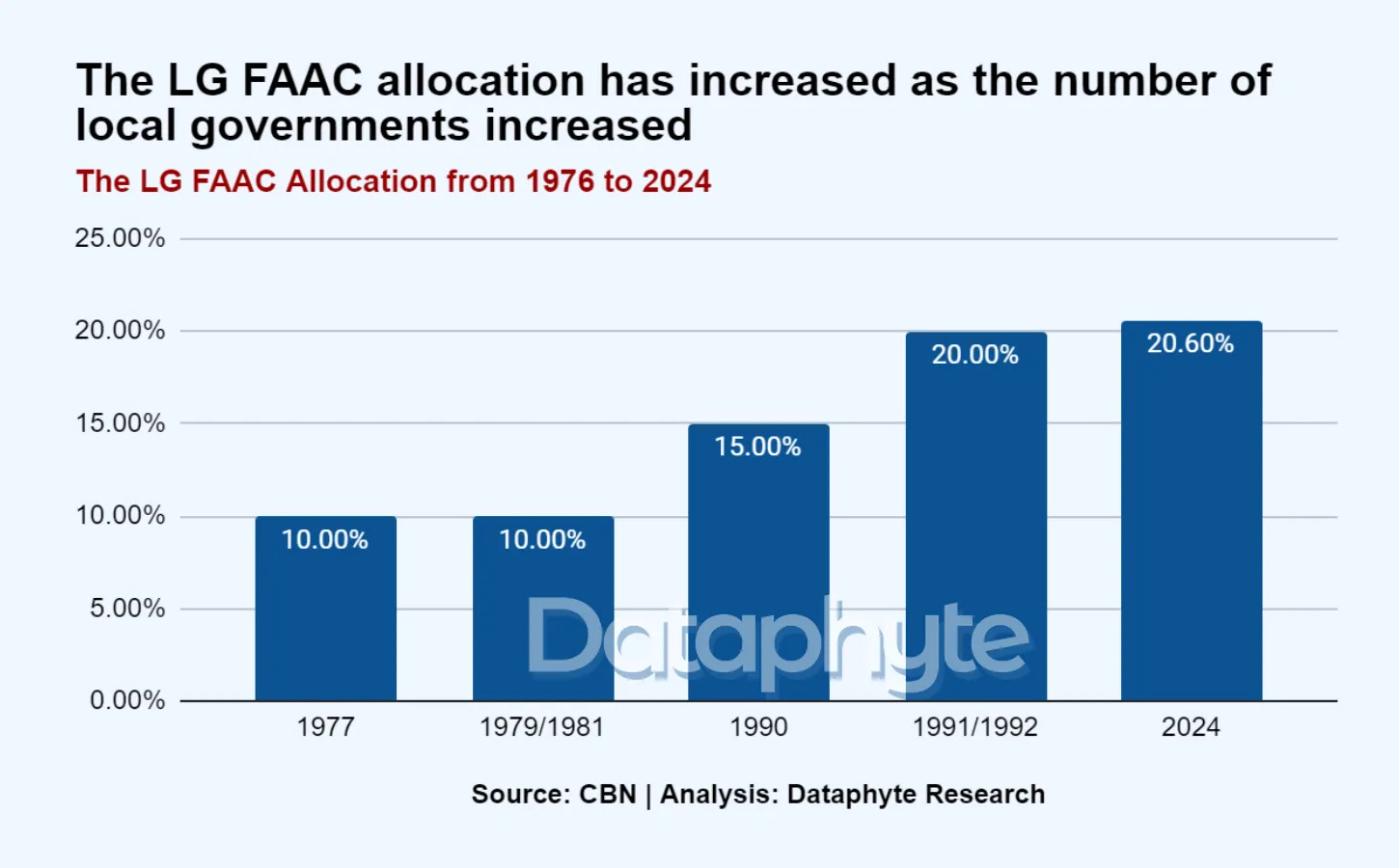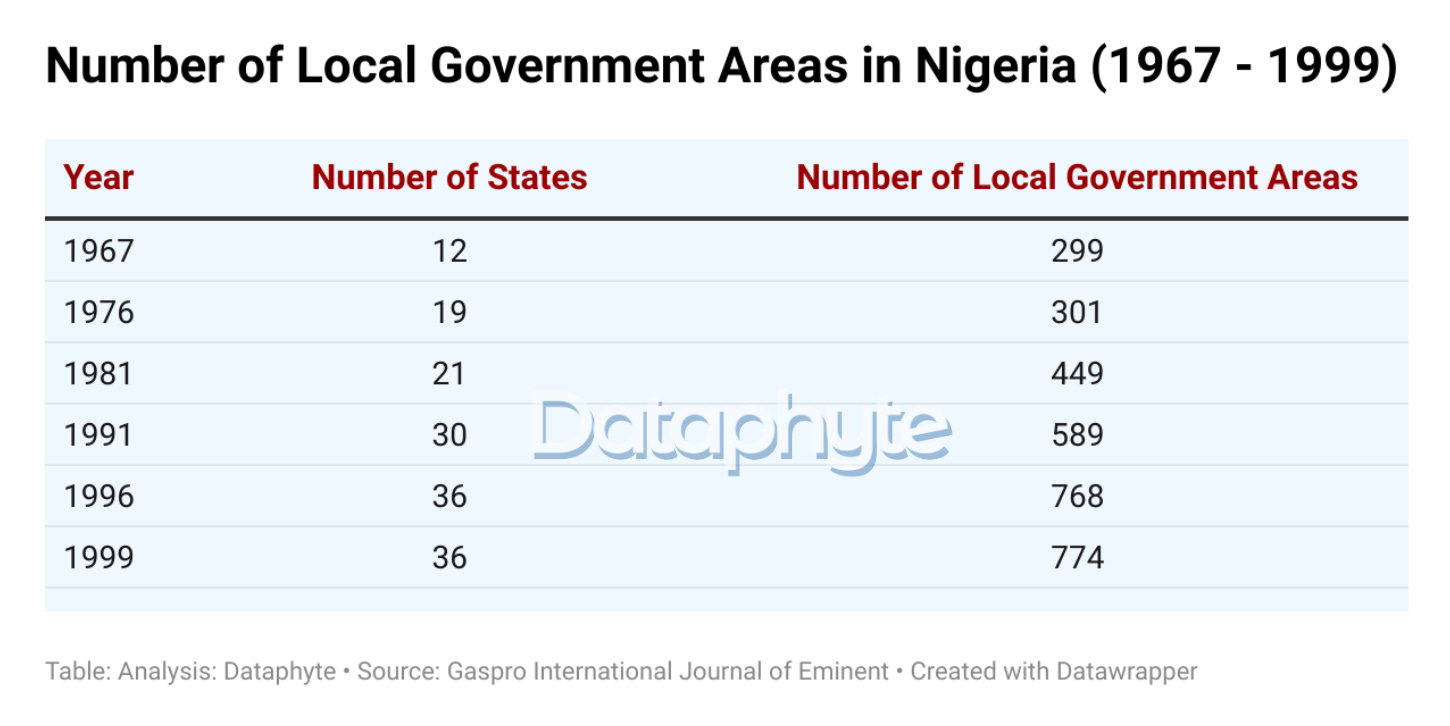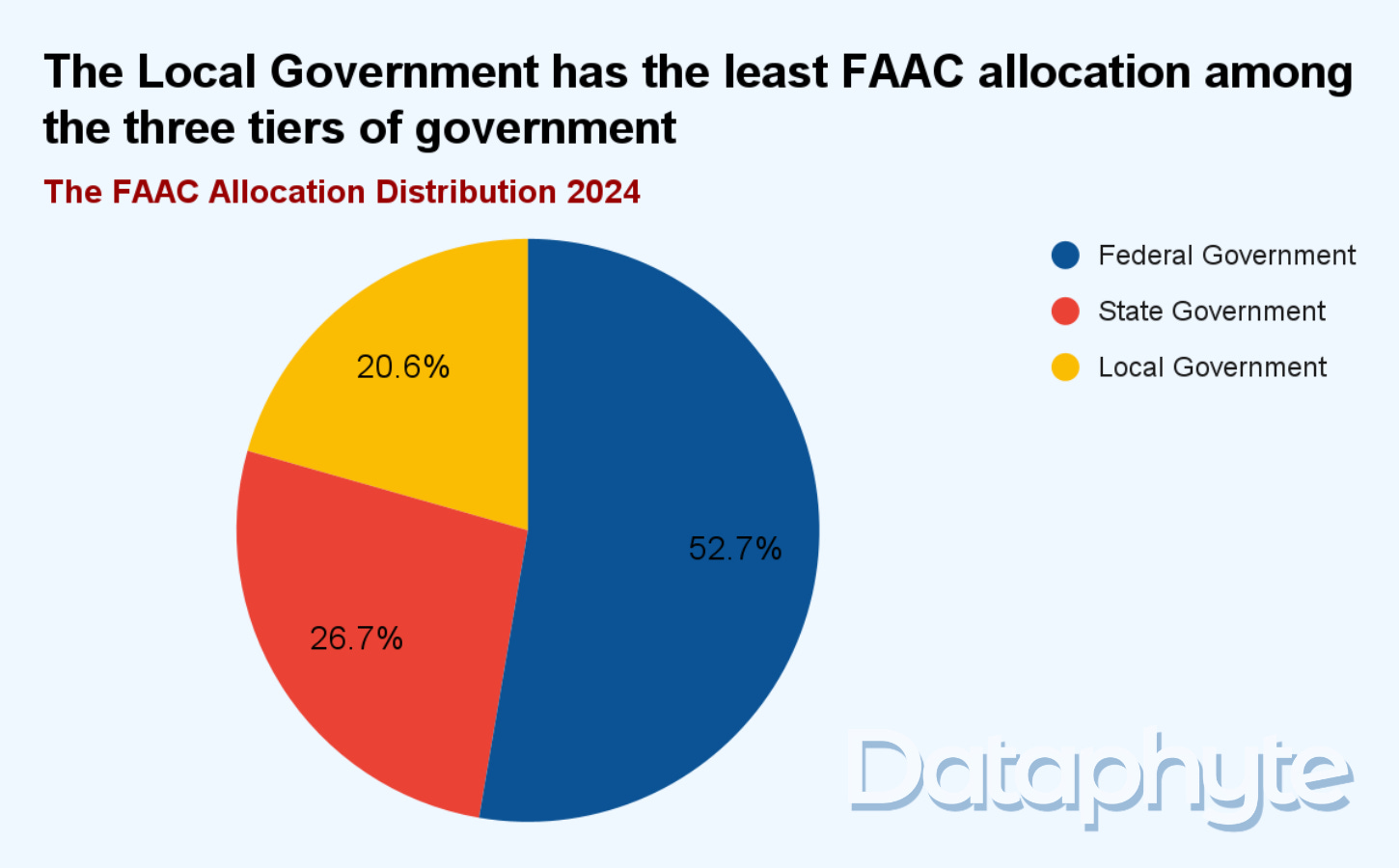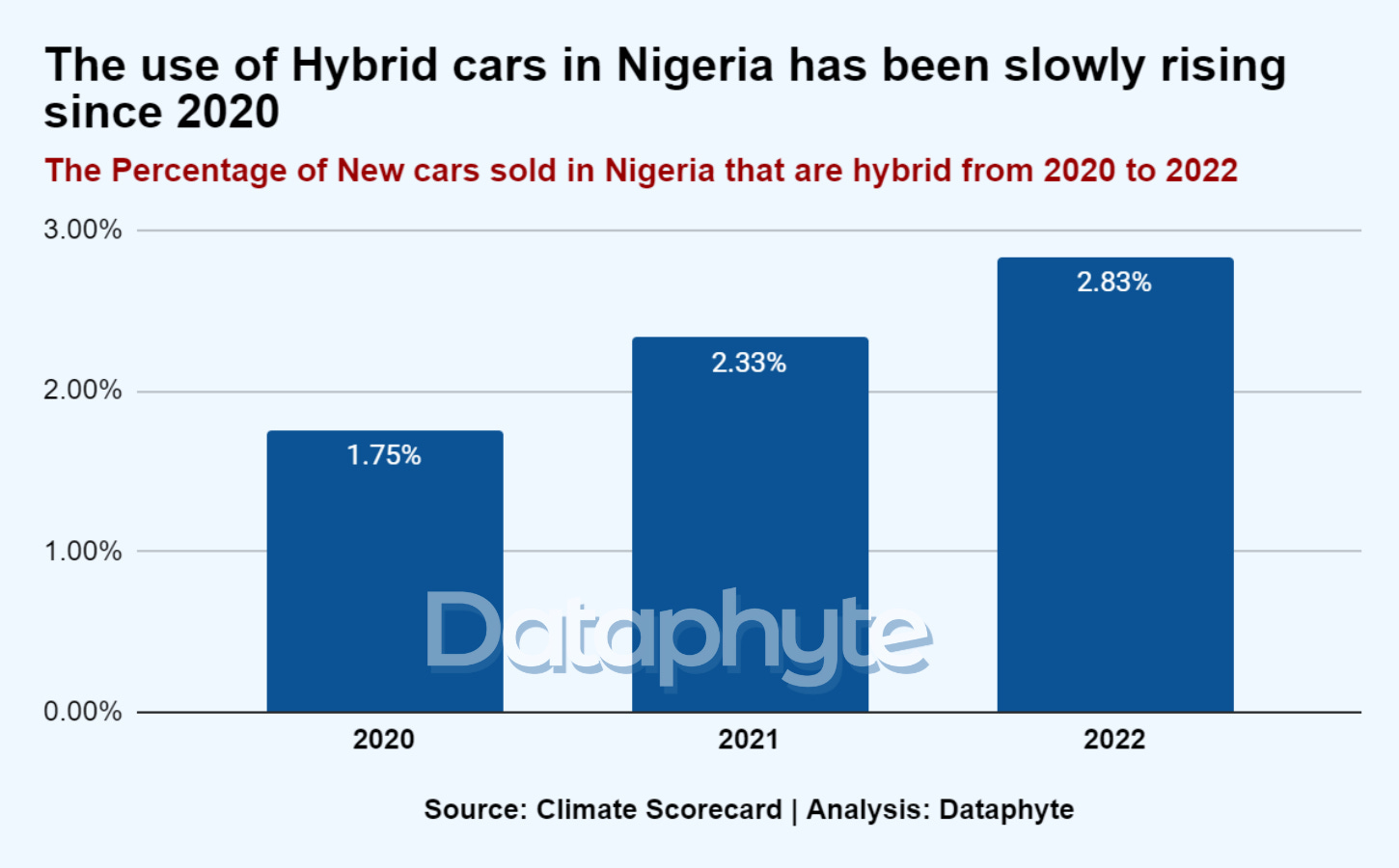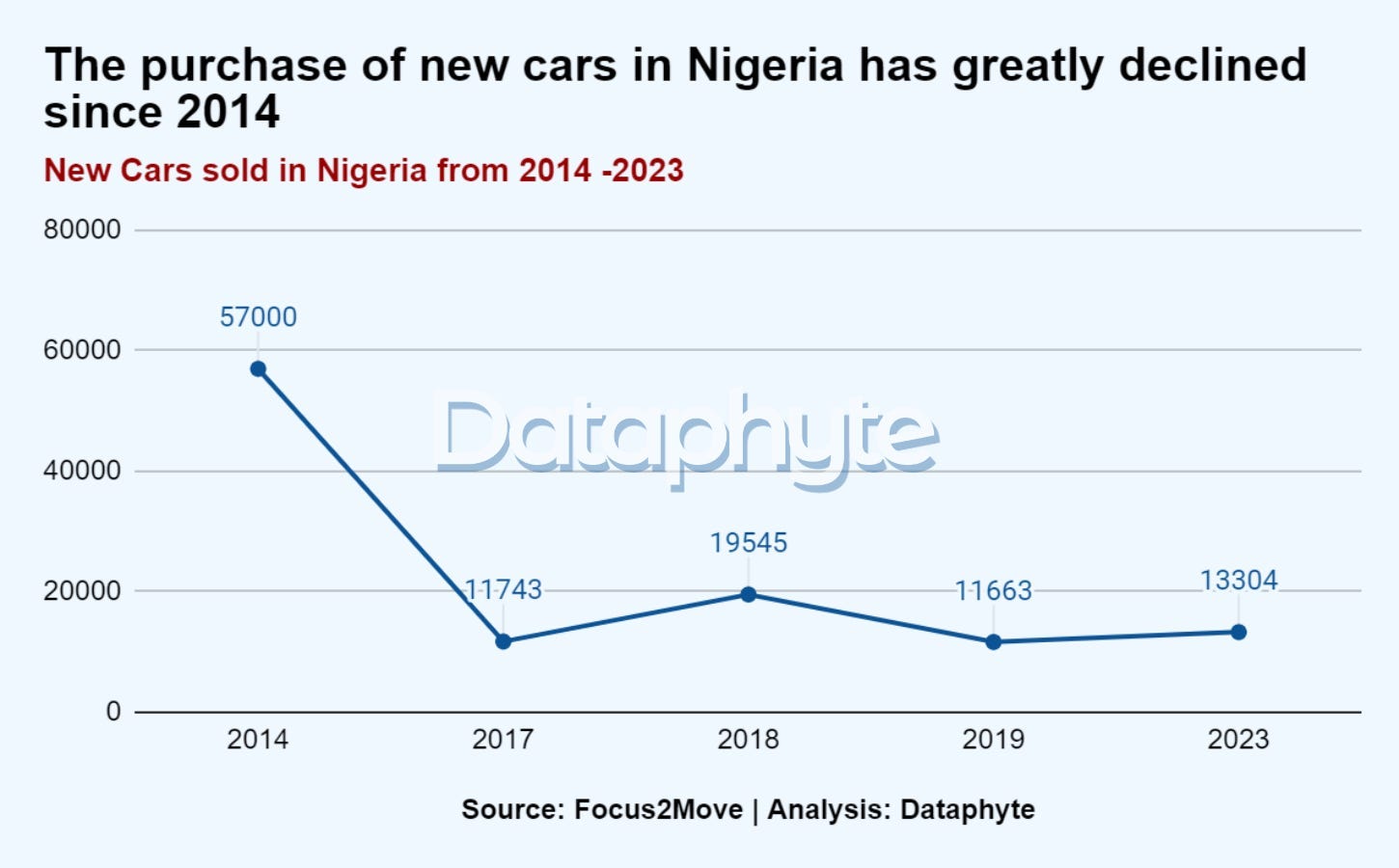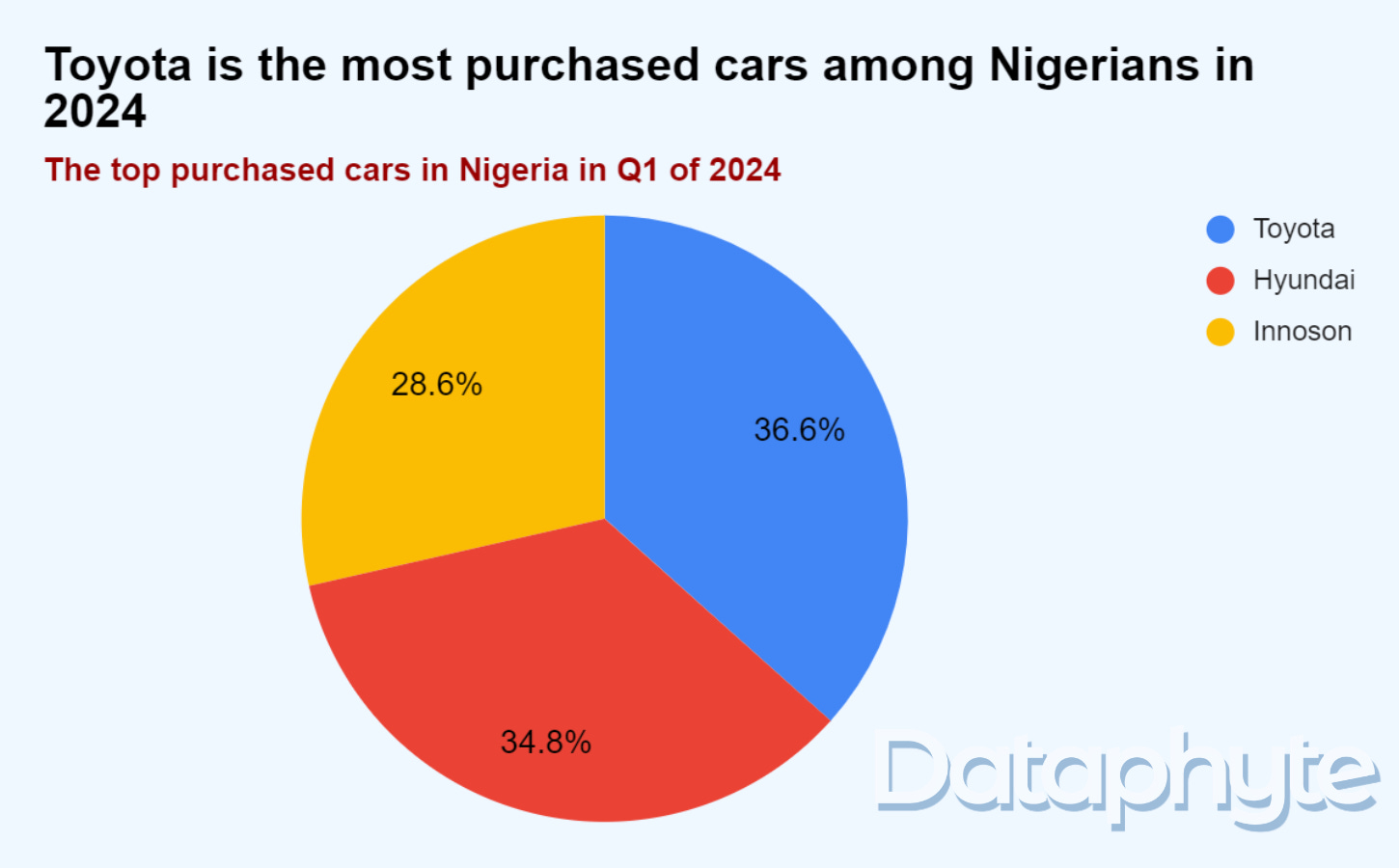ICYMI: Autonomy: LG Funds Released from State Coffers
+Automotive: Toyota Nigeria to Release Hybrid Electric Cars
In a historical decision, the Supreme Court of Nigeria has mandated that all 774 Local Government Areas (LGAs) of the federation must have full financial autonomy.
This suggests that the federal allocation meant for local governments will bypass the State Government and be paid directly to the Local Government coffers.
Many believe this will make room for more accountability and transparency at the local government level, create more opportunity for grassroot development, and reduce income inequality.
However, some argue that the financial autonomy given to local governments might lead to a disruption of Nigeria’s federalism, equating the federal government’s direct credit to local government accounts to usurping the powers of the states.
From Nigeria’s pre-independence period, local governments across the various regions had always been self-sufficient, generating their incomes from taxes and providing social services such as primary education, primary health care, and other basic infrastructure.
The current federal intervention in local government funding finds its origins in the local government reforms of 1976. The former reforms paved the way for the current local government structure, function, local revenue generation, and federal allocation.
While the local government reforms mostly changed their structure and functions, the federal allocation shared to the local governments also changed.
The Federal Government allocation to LGAs increased through the years from 10% of the proceeds to the federation account in 1976 to the current 20.64%, due to increased responsibilities and increased number of the Local Government Areas.
The increase in federal allocations to LGAs coincide with increases in their numbers from 299 LGAs in 1967 to 774 LGAs in 1999 till date.
Currently, the Federal Government divides the FAAC allocation between the three tiers of government in Nigeria, based on different factors, such as the 13% derivation, Statutory Allocations, Value Added Tax (VAT), and distribution of exchange gain difference.
The FAAC allocation of 20.6% for the local governments is to be shared among the 774 LGAs in the country.
The President of Nigeria, Bola Tinubu assured that, “by this judgment, our people - especially the poor - will be able to hold their local leaders to account for their actions and inactions. What is sent to local government accounts will be known, and services must now be provided without excuses.”
Also, one of the presiding judges in the case, Judge Emmanuel Agim stressed that the decision will reduce the disruptions in administering the local government areas.
“The states’ refusal to pay this money to the local governments has gone on for over two decades now. This has deprived the local governments of their rights and defeated the intention of the 1999 Constitution.”
However, the Governor of Anambra State, Gov. Soludo, has a contradictory view stating that the autonomy of the local government would take Nigeria back many decades from what a true federation is about.
According to the former Central Bank Governor, “There is no federal system in the world where you have three federal units. The counties in America where we copied (democracy), their local governments don’t go to the centre to collect money directly.
“Each state must have the power to design the kind of local government system they want. That is what true federalism is about.”
Time will tell the effect of this judicial decision on local government administration and Nigeria’s federal governance structure, and most importantly, in the area of grassroot development.
Automotive: Toyota Nigeria to Release Hybrid Electric Cars
Toyota (Nigeria) Limited (TNL) will release its first hybrid electric vehicle, The Toyota Cross, in Nigeria by the end of 2024, according to its Managing Director, Kunle Ade-Ojo.
He stated that the release of the hybrid electric vehicle is part of its plans to support the government’s green deal initiative.
“A hybrid car uses more than one means of energy, combining a petrol or diesel engine with an electric motor, and the two systems work with each other to move the vehicle. This allows the car to burn less gasoline, achieving better fuel efficiency than a traditional engine that solely uses fuel does.”
The introduction of hybrid cars might promote positive environmental, economic, technological, and social changes which will foster a more sustainable and innovative automotive industry in Nigeria.
Although Nigerians mainly use cars that run on petrol, the use of other types of cars, especially the hybrid, has been on the rise since 2020, the data from Climate ScoreCard shows.
The share of hybrid cars sold in Nigeria has increased from 1.75% in 2020 to 2.83% in 2022.
Also, the report on new car sales in Nigeria shows that the purchase of new cars in Nigeria has been fluctuating in the last 10 years, but has not risen to the number it was in 2014.
The highest number of new cars sales was recorded in 2014, 57,000 units of new cars were sold while the lowest sales was recorded in 2019 with the sale of 11,663 units.
Toyota Motors is one of the most purchased vehicle brands in Nigeria. In every 10 cars found on the Nigerian road, 5 would be a Toyota.
In the Q1 of 2024, Toyota remained the leading brand in car purchase in Nigeria with 514 units sold among the top three car brands purchased in Nigeria, according to data on the Nigerian Market for Cars.
The introduction of hybrid electric cars by Toyota Nigeria will greatly contribute to the plans by the Nigerian government to reduce greenhouse gas emissions by Nigeria.
Ade-Ojo announced Toyota's plans to introduce three different hybrid electric vehicles into the Nigerian market before the end of 2026.
“By the end of this year, we’ll be introducing our first hybrid electric vehicle, Toyota Cross. Next year, we’ll introduce the RAV4 hybrid and late next year or early 2026, we will be bringing in the Land Cruiser Prado hybrid,” he announced.



